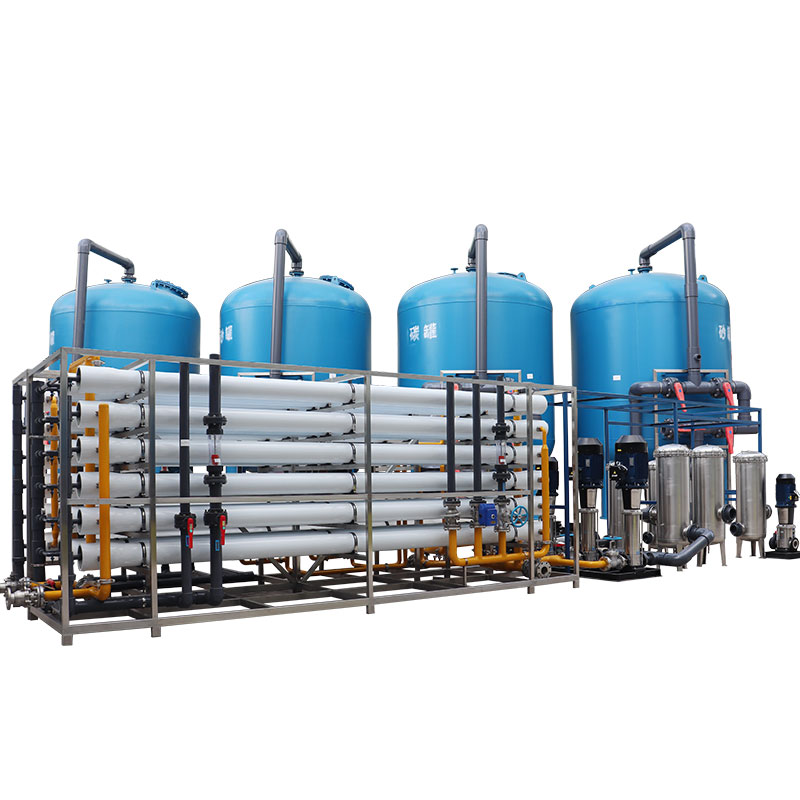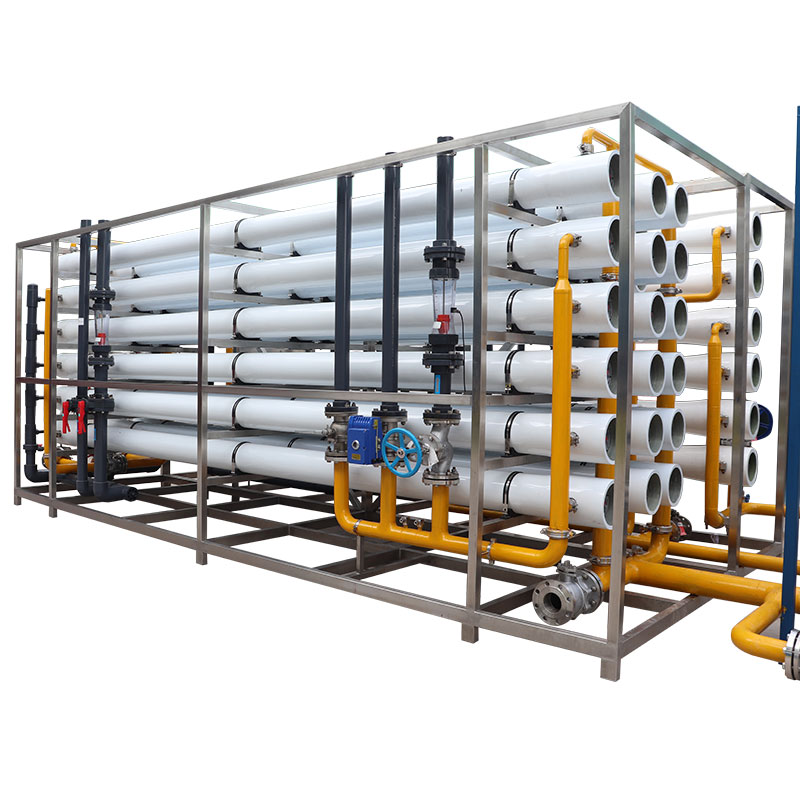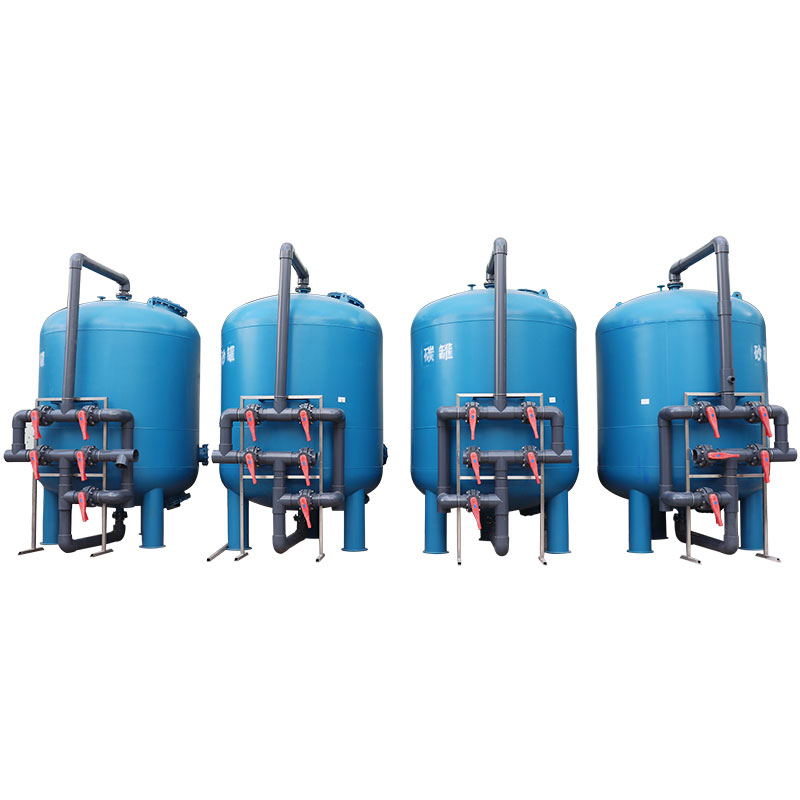What does a water treatment plant do?
Water treatment plants are important facilities to ensure the safety and quality of water supply. They use a variety of processes and technologies to treat water to drinking water standards for use in homes and businesses. Water treatment plants play a key role in modern society. They protect people's health and ensure the normal operation of production and life.
This article will focus on the question "What does a water treatment plant do?" and will also analyze how water treatment plants ensure water quality safety and the role of water treatment plants in sustainable development.
What does a water treatment plant do?
The main task of a water treatment plant is to purify raw water so that it reaches safe drinking standards. Specifically, they purify water from rivers, lakes or groundwater through a series of physical, chemical and biological treatment processes. Here are a few of the main functions of a water treatment plant:
1. Remove suspended solids and sediments:
Raw water often contains suspended particles, silt and other sediments. These substances will be removed through screening, sedimentation, etc. to ensure clear water quality.
2. Eliminate harmful substances:
Water treatment plants use chemical disinfectants (such as chlorine) to kill bacteria, viruses and other microorganisms. In addition, the treatment process removes harmful chemicals such as heavy metals and pesticide residues.
3. Adjust water quality:
The water treatment plant will adjust water hardness, pH and other indicators according to water supply needs to make the water more suitable for domestic and industrial use.
4. Monitor and control water quality:
Water treatment plants regularly monitor the quality of treated water to ensure that it meets drinking water standards. If problems are discovered, take immediate steps to adjust the process.
Through the above steps, the water treatment plant ensures that the water flowing out of the water supply system is clean and safe, providing people with healthy drinking water.

How does a water treatment plant ensure water quality safety?
Water treatment plants play a vital role in ensuring water quality safety. In order to ensure the safety of water supply, they have taken various measures:
1. Strict water quality monitoring: The water treatment plant will regularly monitor the quality of raw water and treated water to ensure that the water quality meets national and international standards. This includes testing water for microorganisms, chemicals, and other contaminants.
2. Multiple purification processes: Water treatment plants usually use multiple purification processes, such as coagulation, sedimentation, filtration, disinfection, etc. These processes can effectively remove suspended solids, organic matter, bacteria and viruses from water.
3. Emergency measures: When abnormal water quality occurs, the water treatment plant will quickly take emergency measures, such as stopping water supply, adjusting processes, or using backup water sources, to ensure the safety of water supply.
4. Regular maintenance and upgrade of facilities: Water treatment plants need regular maintenance and upgrade of equipment to ensure their operating efficiency and purification effect. Aging facilities can cause water quality to deteriorate, so timely maintenance and updates are critical.
Through these measures, water treatment plants can continue to ensure the safety and quality of water supply and provide people with safe drinking water.

What is the role of water treatment plants in sustainable development?
Water treatment plants play an important role in sustainable development. While ensuring water supply security, they also promote environmental protection and resource conservation in a variety of ways:
1. Save water resources: Water treatment plants reduce the waste of water resources by recycling and regenerating water sources. For example, recycled water can be used for irrigation, industrial water, etc., thereby reducing dependence on new water resources.
2. Reduce pollution emissions: Water treatment plants reduce pollution emissions to water bodies by effectively treating wastewater. This not only protects the water ecosystem but also maintains biodiversity.
3. Promote energy efficiency: Modern water treatment plants use efficient equipment and processes that reduce energy consumption. For example, being powered by renewable energy sources such as solar and wind further reduces carbon emissions.
4. Raise public awareness: Water treatment plants educate the public about the importance of water conservation and water conservation through education and publicity activities. This helps to form a social consensus on sustainable development.

Water treatment plant is an indispensable and important facility in modern society. Not only do they ensure the safety and quality of water supplies, they also play a key role in sustainable development. Through strict monitoring and advanced treatment processes, water treatment plants ensure the stable operation of the water supply system and provide people with healthy drinking water.
With the continuous advancement of technology, water treatment plants will continue to make greater contributions to environmental protection and resource conservation.






